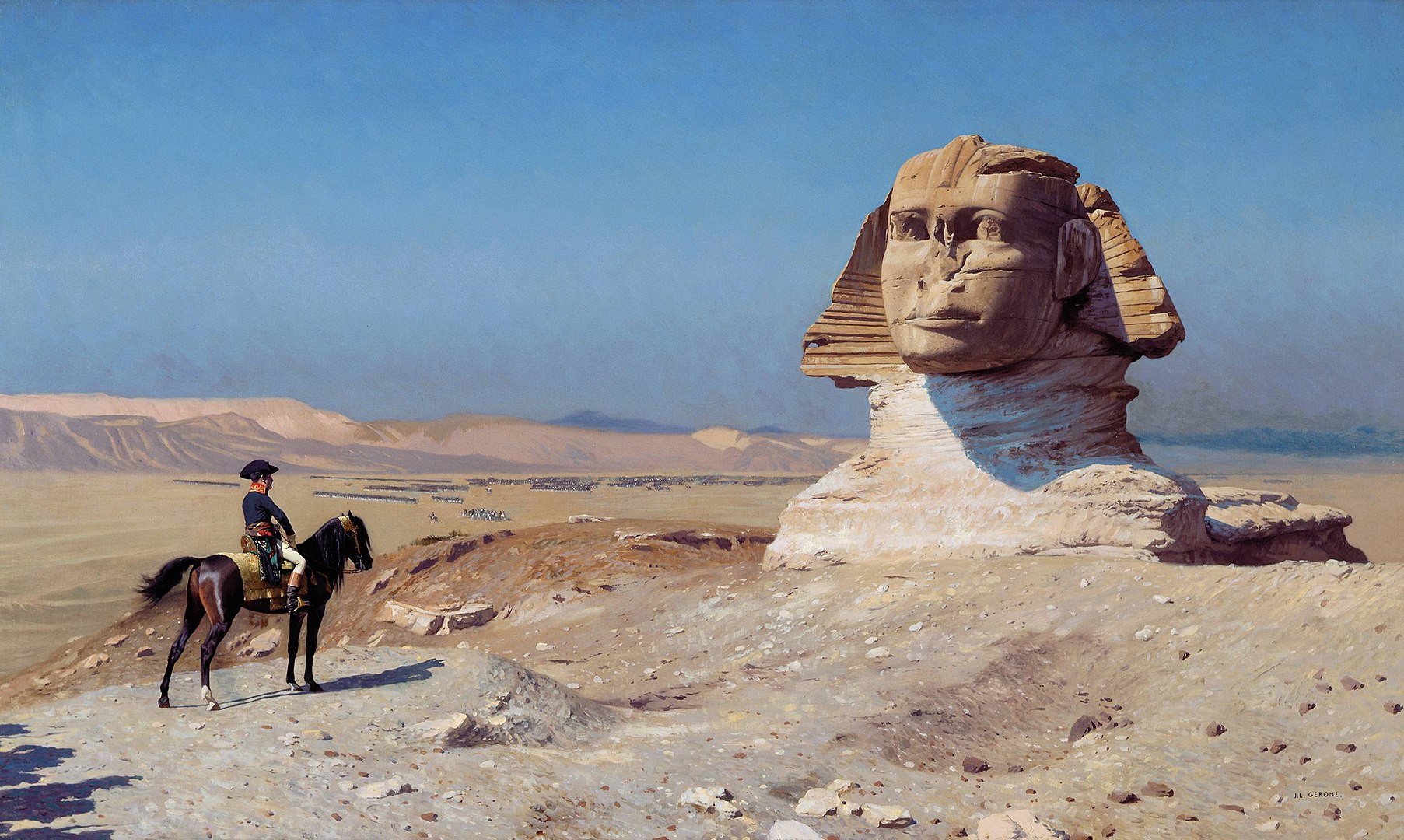At Marakanda a feast was held for the king and his entourage. Time had passed since Alexander crossed the Hellespont to conquer Asia, now at the edge of the world, in Bactria, he was adorned with many titles. It would not, perhaps, be an exaggeration to call him hegemon of the world.
During this journey the young monarch had started opening to the customs and traditions of his new lands and those he now ruled. Sometimes perhaps, leaving behind his Macedonian, Greek manners. A new wife he had, a foreign woman she was. New clothes he had too, they were not Hellenic. The zealot had even adopted new gods in Egypt. But one custom stood out: a new hierarchy. One where the barbarians were included, and one where the less democratic ways of the east clashed with the egalitarian fraternity of the Hellenic elite, those who had helped him catapult into his role as hegemon.
Alexander was not a frequent drinker, perhaps for his own good, since most of his misfortunes seemed to had involved the excesses that alcohol can enhance. This was one such story.
At the feast drinks were flowing. Alexander felt at the height of his career. All but a god in name. He asked of his entourage if there had ever been a monarch greater than him. Cleitus lost his temper.
Cleitus, a veteran of Philip, represented the old guard of the Macedonian army. In the past I wrote about the time Cleitus saved a young and impulsive Alexander’s life. Keep that in mind as you continue reading.

A temperamental Cleitus told Alexander that his father Philip was a much greater leader of the Macedonian than him. This, very much grounding Alexander into the idea that he was but a mere mortal, not even the greatest of them. Cleitus was probably angered by the lack of humility Alexander showed, by the lack of gratefulness he had for the world he inherited and those who helped build that world. He too was angered by Alexander’s new barbaric customs, specially those who saw his inner circle fall from the status they once held in a more equal standing.
It is known that before Philip was murdered he had been planning (with his veterans) an invasion of Persia. Thus, Alexander merely inherited such plans and preparations. It is harder to fully know how much of this invasion was truly prepared, how much of Alexander’s success was to be attributed to Phillip, and crucially his advisors. We might never know for sure.
It is however undeniable that this old guard thrusted Alexander into Asia with incredible momentum. I would personally chose to believe that all his early victories were due in large part to the level of experience and professionalism such people brought. In a fashion very reminiscent of the original Asian Anabasis. Needless to say without Cleitus, Alexander would had perished early on the campaign.
Alexander was furious. In classic Greek fashion an apple entered the scene, an apple which he threw at Cleitus. Chaos ensued, Alexander asked for a sword, an enraged Cleitus was dragged out before things could escalate further. A maddening king, found himself not only angry at the insolence of Cleitus but also at the disobedience of his Hellenic entourage who did not provided him with a weapon.

All four ancient sources narrate different details of the altercation. It seems that most likely, Alexander got hold of a spear just as Cleitus reentered the feast hall. Alexander, without hesitation impaled him, thus ending him right there. It was with the same impulsivity that he tried to take his own life with such spear once he realized what he had done. He was only saved by his bodyguards who acted quickly to save Alexander from himself.
Finally, Alexander spent the next few days in his chambers. Overwhelmed by sadness, grief, of what he had done when he was not in control of his full self.
Undoubtedly choleric and impulsive behavior always accompanied Alexander. However to me this story goes beyond that. Specifically it is a tale of a pair of opposing forces. On one hand you have tradition and desire for what is new, on a second account you have a ruler among his equals and a ruler among his subjects.
I’ll elaborate on both with a following post.

